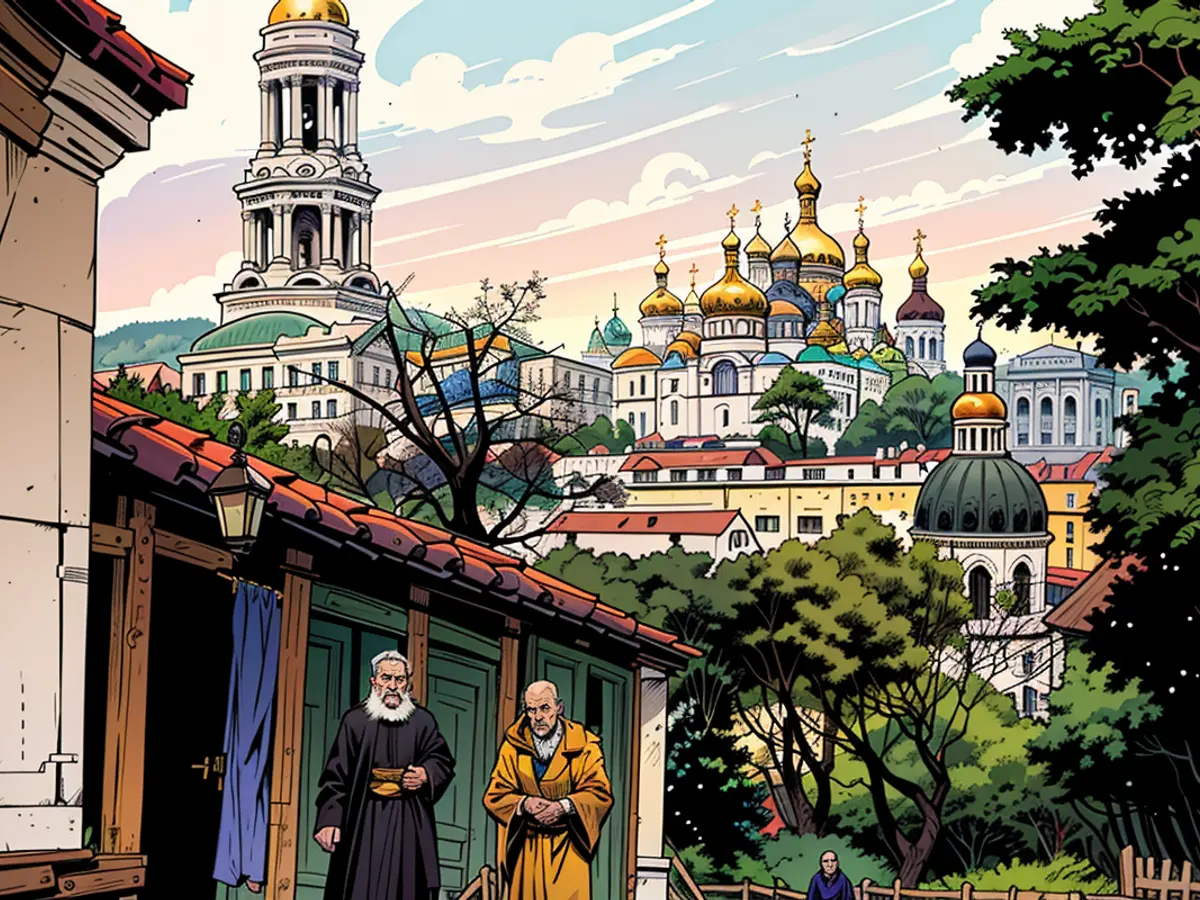- Zelenskyy implements a prohibition on the Moscow church, in reference to the religious institution.
Ukrainian President Volodymyr Zelensky has endorsed the contentious legislation prohibiting the Orthodox Church linked to Moscow. This information comes from Ukraine's official law archive. The prolonged controversy surrounding the prohibition stems from the Moscow Patriarchate's backing of Ukraine's conflict with Russia.
In Ukraine's religious panorama, the Ukrainian Orthodox Church held significant influence prior to 2022. It was affiliated with the Moscow Patriarchate, but after the outbreak of conflict, officially severed ties and denounced the war. Yet, Kyiv alleges that it has justified Russian atrocities against its own citizens and disseminated Russian propaganda. Numerous clergy members have been implicated in serving as Russian spies or artillery spotters.
The ban potentially impacts around three million followers. The leader of the autonomous Orthodox Church of Ukraine, Metropolitan Epifaniy, has urged them to switch loyalties. Epiphaniy's church currently boasts more adherents than the Moscow-tied one.
Moscow asserts that Ukraine's religious identity inherently belongs to Russia. Following the Ukrainian parliament's decision to outlaw the church, Russian Foreign Ministry spokesperson Maria Zakharova commented, "The intention is to eliminate authentic, orthodox spirituality." Moscow also alleges that the Ukrainian government is infringing upon its citizens' right to religious freedom.
The European Union, in response to the situation, has expressed concern over the potential infringement of religious freedom in Ukraine. The European Union strongly supports the principle of religious freedom and has urged Ukrainian authorities to ensure that this right is upheld.
Despite Moscow's assertions, the European Union views the Ukrainian Orthodox Church linked to Moscow as an internal matter of Ukraine, and its affiliations should not be dictated by external forces.








